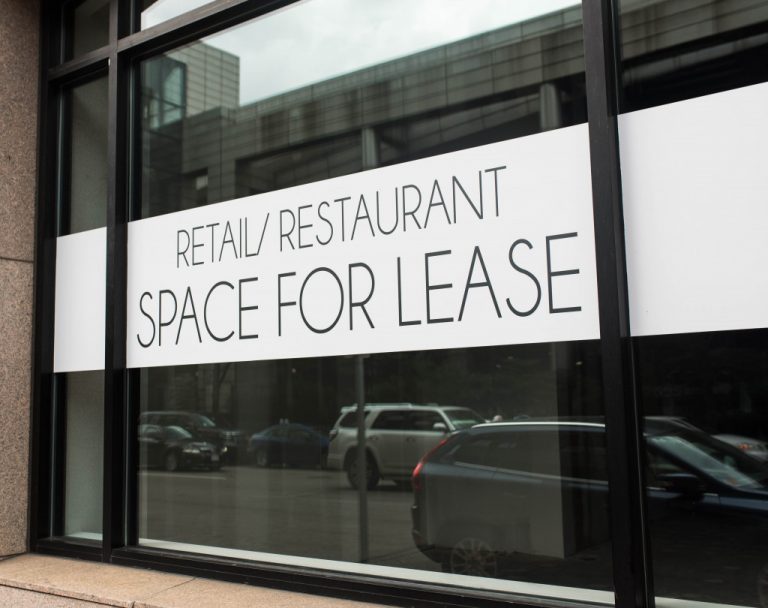If you’ve got an entrepreneurial spirit and a passion for bright ideas, you’ve probably considered opening up a business in the new normal as much as the pandemic had adverse effects on businesses’ bottom lines. The post-pandemic business boom is undeniable. Multiple industries that have launched digital transformation initiatives have not only managed to survive but thrived.
As economies begin to open up again, physical businesses also adjust to new health and safety protocols. The business landscape constantly changes and adapts to serve its consumers better. People have also realized how rigid traditional corporate structures might be—opting to go out on their own ventures.
There are several important factors to consider when going into business. Your capital expense, profitability, competition, and target market are some of the most commonly discussed. One of the factors that often isn’t looked into deep enough is location scouting. It’s more than just making sure your target market is present, and it’s not a too saturated location.
There are a whole host of factors to consider when looking into possible areas. These factors can affect the quality of your workforce, productivity, safety, and potential money problems in the future. Here are just some that we’ve outlined that can significantly affect your daily operations and bottom line.
Available employee skill set in the area
One of the secrets to an excellent business is investing in great individuals. Human resources are one of the most valuable aspects of a company’s longevity. Hardworking, honest, and intelligent employees make for an excellent foundation for development. Training takes a lot of financial resources and should be invested in individuals that you feel can better the future of your business. Taking a deeper look into the employee skill set available in your area and whether it matches your business needs can save you from headaches in the future.
Another aspect that significantly affects this is public transportation in your area. If you have poor modes of transportation available to you in a hard-to-reach area, then chances are you’re going to be employing locals. If you’re in a business district, look at how saturated your industry is and how it could affect your pool of candidates.

Foot traffic in relation to safety
Yes, heavy foot traffic is usually great for business. It means more eyes on your business which can lead to a broader reach. This principle is especially true for retail operations that often lose customers when consumers are likely to skip over. Determining the value of foot traffic to your business can help you understand the numbers behind paying for a location with higher exposure.
Factors like the percentage of sales generated by walk-ins and how engaged the community is with local businesses will help you make an informed decision. If you’re in the tech industry or involved in professional services, foot traffic might not be your greatest concern compared to a grocery store or restaurant.
However, densely populated areas also tend to see higher crime rates. The safety of your chosen vicinity can significantly affect chances of robbery and crime affecting your establishment, leading to higher security costs for you. Conduct thorough research and investigations into the crime statistics in your possible locations and weigh the pros and cons of public exposure.
Infrastructure issues
The factors related to choosing which office buildings to rent that can meet your business needs are essential to your success. These factors are often looked over as they come up once day-to-day operations start to take place. The factors you might consider in the onset are competitive pricing, lease agreements, and rent control, but you should also take a look into the nitty-gritty of your building. The electrical structure of the building should be able to support you if you’re a complex and tech-heavy business.
Safety systems should allow for the number of employees you’ll be taking on. Handicap accessibility is also something to consider when leasing an existing structure. Make sure you’re inclusive of your workforce. The building’s telecommunication structure should also be up to par with the connectivity specifications you’ll need. Ensure that HVAC repairs are assigned to competent workers since they also affect recurring costs in the future.
These are just some lesser considered factors that affect your business in relation to your location. None of the specifics mentioned above are insurmountable; however, if you can choose to avoid them, it only means smoother operations for your business. Ideal locations also vary regarding your industry, consumer base, and sometimes even your chosen organizational structure. Take a good look at your business plan, figure out the essentials to your company’s profitability, and build from there.




